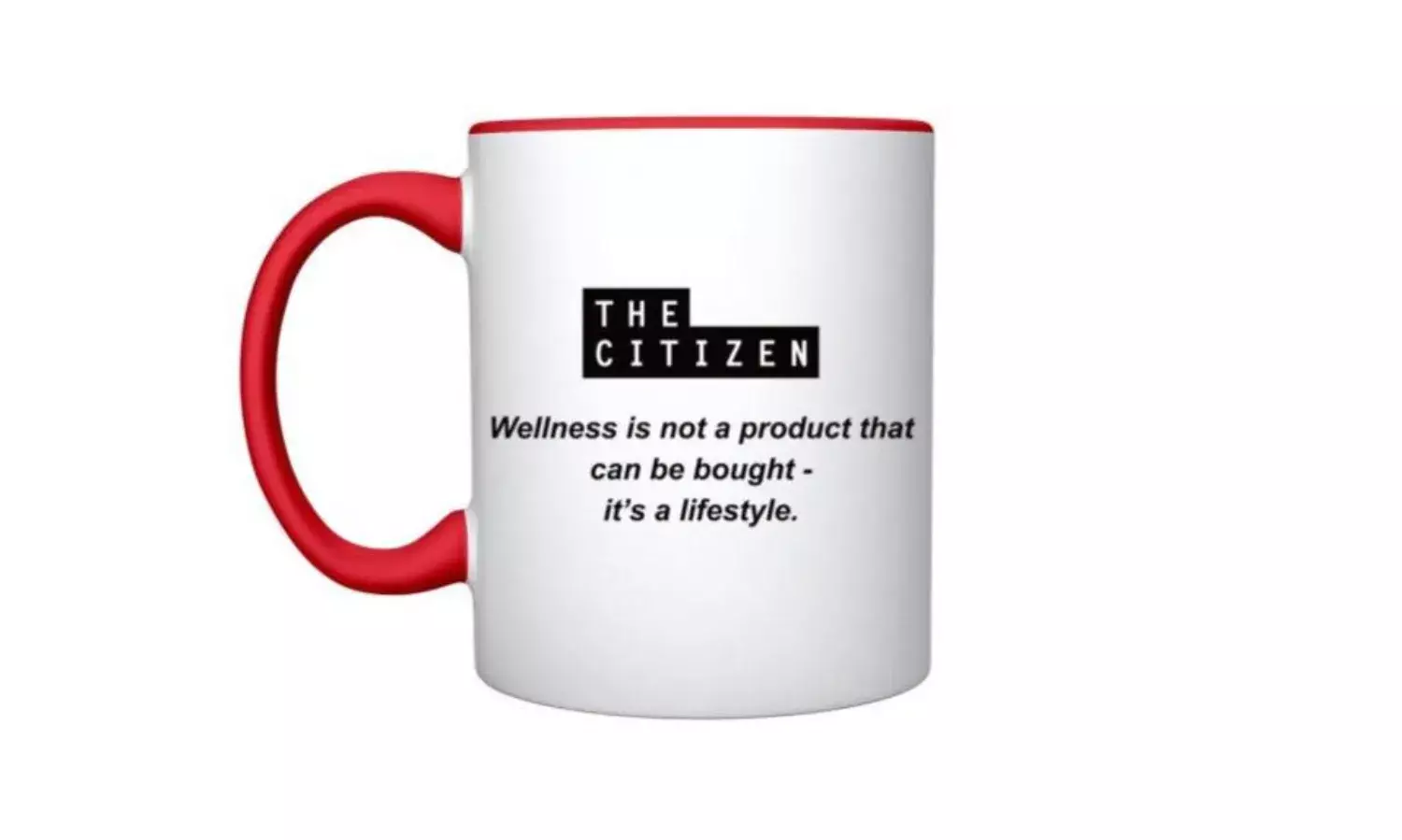Put Down That Green Juice, And Smash The Wellness Industrial Complex
Making healthier decisions shouldn't be about privilege

Every second Monday, someone on my Instagram feed goes on a ‘juice cleanse’ - in a bid to ‘undo the weekend’ they just about survived. Type in the words ‘juice cleanse’ on google and you’ll be told that this all juice diet is an instant detox, undoing whatever damage you may have done to yourself with that two day bender. Throw in some activated charcoal, calendula oil, slimming tea and a post barre Instagram selfie, and you probably have what the internet calls the wellness industrial complex.
What’s that? I don’t really know, but I guess it has something to do with expensive wellness fads that are steeped in pseudoscience, and prey on insecurities that stem from the very patriarchal and masochistic world we still live in. (Okay, the barre class dig was unfair here, but I lack coordination and grace so it’s jealousy talking).
I contemplate replying to an insta story of a well packaged kale-spinach-apple-ginger-cucumber-whateverelse green juice (hashtag detox day 1) with the sad truth that the only cleansing mechanism our bodies have are our organs, and juice, while extremely instagrammable, has nothing to do with it - but usually stop myself because who wants to hear that? Try telling someone their kidneys and liver are a better detox agent than a green juice (and they’re free), and they’ll roll their eyes and block you on Instagram.
It seems like half of Instagram is worshipping at the altar of wellness, where kale reigns supreme, bosu balls get you abs, and activated charcoal is the elixir of life.
So you can’t really blame author Jessica Knoll when she demands that we ‘Smash the Wellness Industry’ or Jia Tolentino for rejecting the ‘Tyranny of the Ideal Woman.’ The wellness industry seems superficial, unscientific and even dangerous -- perpetuating an unrealistic stereotype of the ideal woman and promoting obsessive read unhealthy eating and living.
But that’s just a small - and temporary - part of the wellness story. The key to health and wellbeing has been the same for thousands of years, and no one can really sell it to you. It’s rooted in good nutrition, active living and mental wellbeing. It’s less instagrammable than that charcoal infused green juice, and focuses on putting in the work, developing the right habits, and in consistency over one off miracle cures.
I think the difference between wellness and the wellness-industrial complex is that the latter is the business of wellness; it’s the promise that wellness can be purchased and consumed.
"Wellness is a largely white, privileged enterprise catering to largely white, privileged, already thin and able-bodied women, promoting exercise only they have the time to do and Tuscan kale only they have the resources to buy," Knoll wrote in her viral NYT article - in a statement that has everything to do with the wellness industrial complex, and very little to do with wellness.
Some of the criticism to Knoll’s article reflects that distinction. “Seems highly insulting to POC to suggest they are incapable of exercising or making good food choices,” reads one comment. “Aha! So Michelle Obama's W.H. garden, and school lunch crusade, made her a tool of White Supremacists - further enabled by her privileged half white husband's love of arugula! It's all so very clear now. Thank you for lifting the veil for us,” read a tweet. “This is news to me, black/brown middle class/upper-middle class don't participate in "wellness" i.e. working out, eating healthy, and spending lots of money while doing so. And of course it's a white author looking to one day cite this article as her not being racist af,” sums up a third.
The point being made is that wellness isn’t about privilege (white privilege in this case) -- it’s about living a healthier life and acquiring the tools to do so, and those tools should not come with a price tag. Wellness is the active pursuit of good health, and the only secret to it is consistency and moderation. Making healthier decisions shouldn’t be about privilege, and it’s about time we reject the attempt to confine wellness to it.
Wellness is not a product that can be bought - it’s a lifestyle. Oh, and look out for TheCitizen’s collection of eco-friendly mugs that have that printed on as quote. Can be yours for just Rs. 1500.



